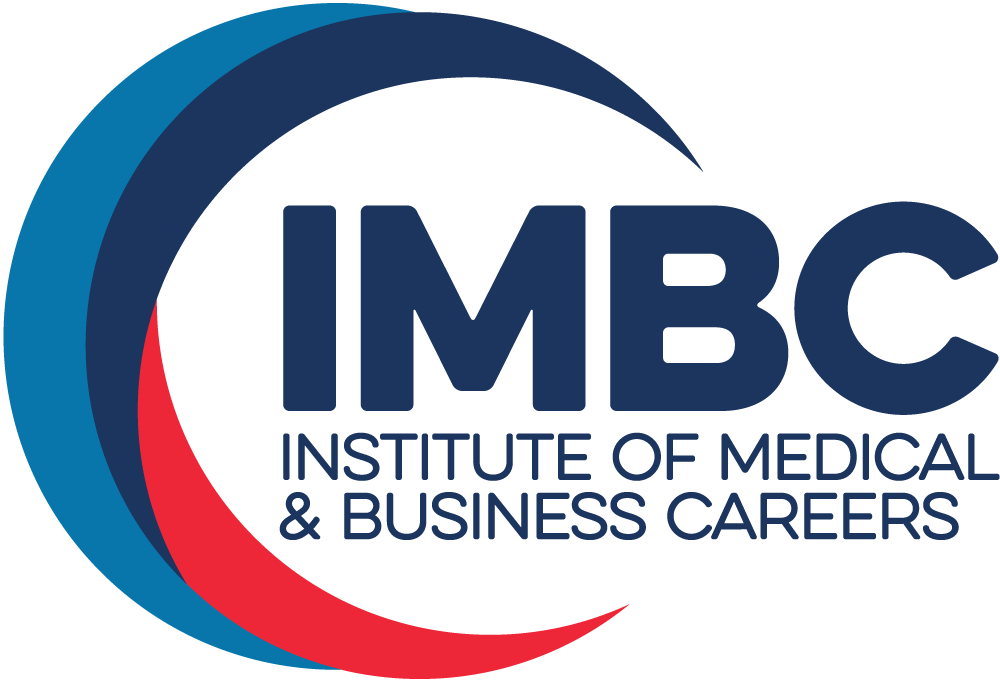 Have you ever wondered about the ins and outs of medical billing and coding? People think medical billing is just filling out claims, submitting medical insurance forms, and crunching numbers. It sounds simple enough, but you would be surprised at how complex medical billing can get.
Have you ever wondered about the ins and outs of medical billing and coding? People think medical billing is just filling out claims, submitting medical insurance forms, and crunching numbers. It sounds simple enough, but you would be surprised at how complex medical billing can get.
This article explores in-depth the medical billing process. We will cover what medical insurance is, the two common types, why it is necessary, and how it fits into the bigger picture.
Two Most Common Types of Medical Billing
Medical billing is the process of submitting a patient’s bill to their insurance company. It involves collecting all the information needed to submit a claim and sending it to the insurance company.
Medical billing is vast and involves practical experience with knowledge from the field. To understand how medical insurance billing works, you must first learn about the two main types of medical billing: professional billing and institutional billing.
Professional billing: The process by which a healthcare provider bills an insurance company for the services its patients receive is a professional billing. This type of billing involves a great deal of paperwork and bureaucracy, but it’s also important to know that this is where most of the revenue will come from. In fact, most healthcare providers rely heavily on professional billing as their primary source of income.
Institutional billing: This is a practice in which the hospital or healthcare facility bills for all services rendered to a patient. The hospital will bill for care from physicians, nurses, and other healthcare professionals. It will also bill for any tests or procedures performed on the patient. This type of billing is common in hospitals and other medical facilities that provide care to patients who don’t have insurance coverage or choose not to use their insurance.
Why Is Medical Billing Important?
Medical billing is a vital part of the healthcare system for reasons including:
- It allows healthcare providers to claim reimbursement for services provided to patients. Making it possible for them to provide high-quality care at a low cost.
- Provides insurance companies with the accurate information needed to pay claims correctly. Helping to keep costs down by avoiding overpayments and underpayments.
- Ensures that physicians are paid fairly and accurately for their services.
- Allows physicians to track how much money they have spent on office overhead expenses like rent, utilities, and staff salaries.
- Confirms that insurers are paying out only what they need to pay out. Many people use insurance to get care but don’t want to pay their share of the bill once they receive it.
The Medical Billing Process
The medical billing process is a sequence of steps that follow a patient’s examination or treatment.
The first step is to prepare the bill for submission to the patient’s insurance company. This includes collecting information about the patient, such as their name and address, as well as any relevant details about their insurance coverage and deductibles. Then, the biller will create an invoice and send it to the insurance company with a claim form attached.
If the insurance company approves all claims on the form, they will send back a remittance advice form to indicate that they have paid their portion of the bill. If they do not approve of all claims on the form, they may send a denial letter explaining why they did not approve certain charges and asking for more information before approving those charges.
Bottom-Line
The medical billing process can be complicated and overwhelming, but with the right training, you can navigate it with ease. If you’re looking to become a medical billing and coding specialist, we’d love to help.
IMBC’s medical billing and coding program offers a comprehensive curriculum that will prepare you for a career in the medical industry. We’ll teach you how to code, bill, and communicate with insurance companies.
Our program is designed for people who have no prior experience in the field of health care or IT. Our instructors are experienced professionals who know what it takes to succeed in the healthcare industry.
Ready to take your first step toward becoming a medical billing and coding specialist? Enroll today.
